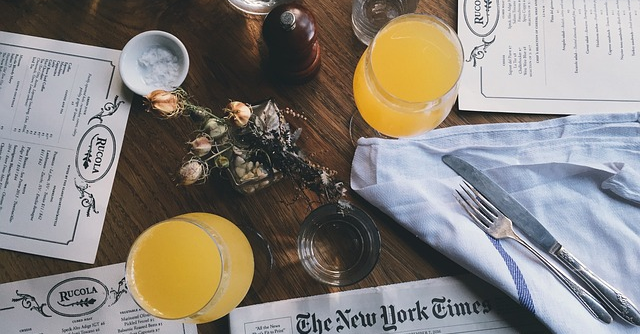
NYT’s lawsuit against OpenAI intensifies copyright debate


In response to the New York Times' lawsuit accusing OpenAI of using copyrighted material, OpenAI released a blog asserting that the legal action lacked merit and accused the media giant of not presenting the full story.
The lawsuit, filed on December 27, alleged that OpenAI utilised millions of NYT articles to train chatbots that now compete with the news outlet as a source of reliable information While not exacting monetary demand, the media outlet said the lawsuit sought to hold OpenAI responsible for the ‘billions of dollars in statutory and actual damages’ due alleged unlawful copying of NYT’s work. It also demanded the destruction of models and training data that use its copyright material.
In rebuttal, OpenAI said that while NYT mentions that there has been regurgitation of its content, the media outlet failed to share such instances. Additionally, OpenAI spoke of talks between the two entities till December 19 pertaining to a ‘high-value’ partnership for real-time attribution in ChatGPT.

“We had explained to The New York Times that, like any single source, their content didn't meaningfully contribute to the training of our existing models and also wouldn't be sufficiently impactful for future training. Their lawsuit on December 27 — which we learned about by reading The New York Times — came as a surprise and disappointment to us,” the AI firm said. OpenAI also contends that training AI models is allowed as fair use which offers an advantage for innovation and advancement.
Notably, OpenAI offers creators and publishers an option to opt out of scrapping their data. One way to do so is by disallowing OpenAI’s GPTBot crawler on their site or blocking its IP address completely. The Sam Altman-led firm said that NYT adopted this option back in August 2023.
That said, OpenAI mentioned that it is still researching reducing instances of memorisation, where the model simply regurgitates exact text from source material, to zero.

NYT is not the first to raise objections on copyright-related issues of ChatGPT. Authors Guild, an association of writers which includes names like George RR Martin filed a copyright lawsuit against OpenAI. Earlier in July, the Guild had written an open letter addressed to Big tech and AI companies, to fairly obtain permission from writers before using their copyright for training their models.
The Screen Actors Guild – American Federation of Television and Radio Artists’ (SAG-AFTRA) labour strike last year, which went on for close to four months, ended after a tentative agreement was reached upon. Among several other clauses pertaining to artists’ welfare, the association also demanded for explicit permission to be taken from the performer, in case their digital replica is being used. Further, the employer must pay the performer for the number of days they would have been required to perform scenes featuring their digital avatars.
These are just a few examples. The complex intersection of copyright and AI is becoming a contentious issue, and with legal challenges from different quarters like media outlets, creators’ associations, and labor unions, the debate surrounding fair use, innovation, and permission in AI development is likely to intensify in the future.

